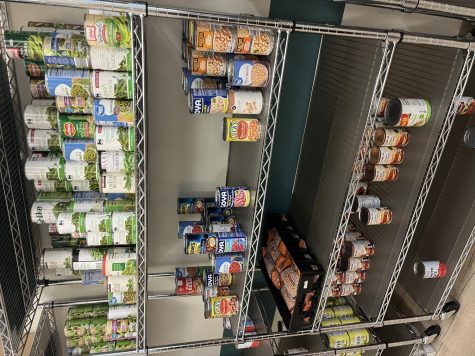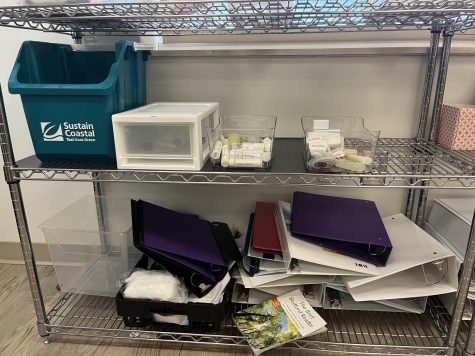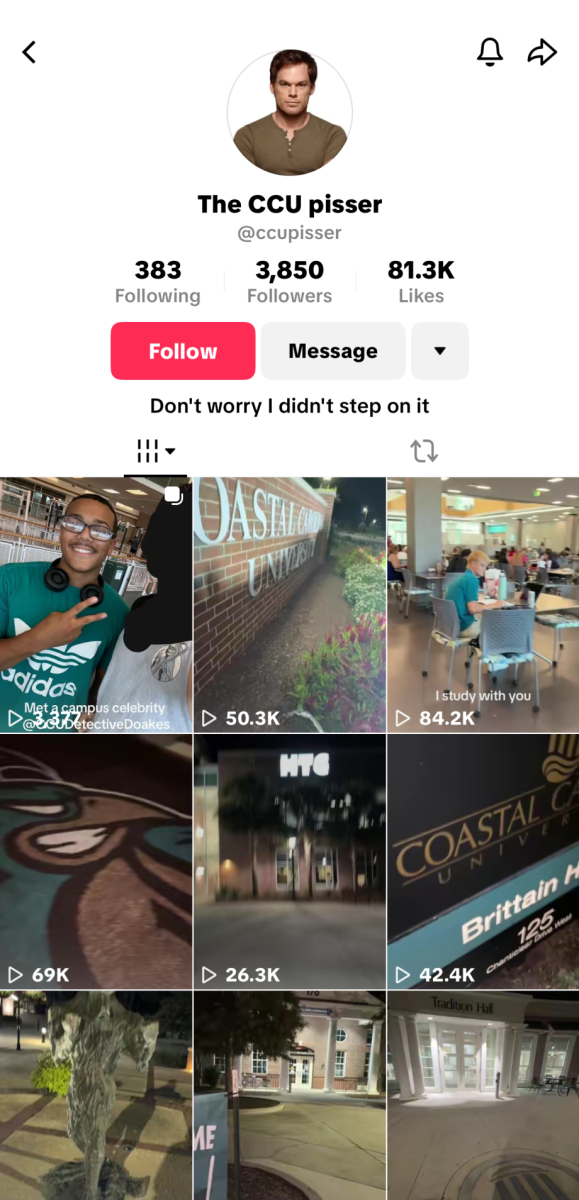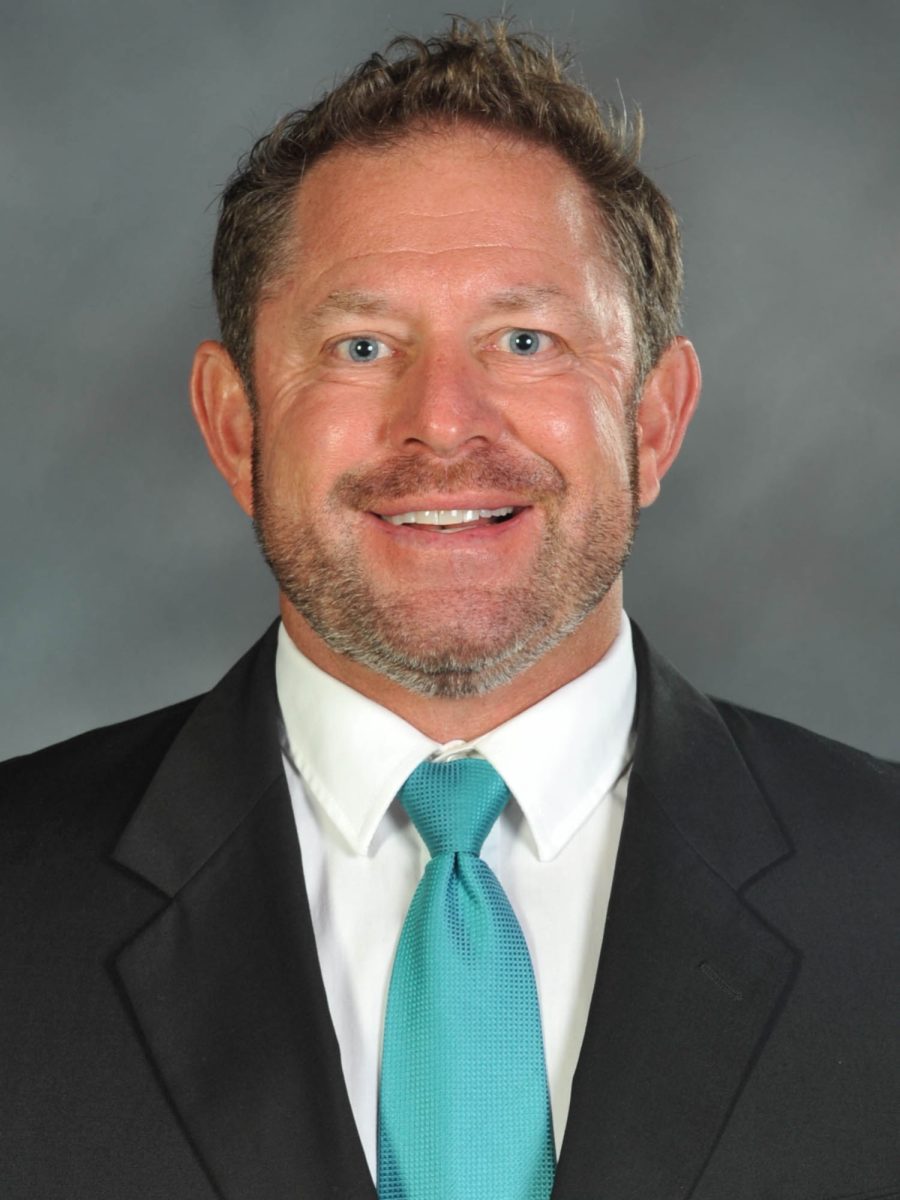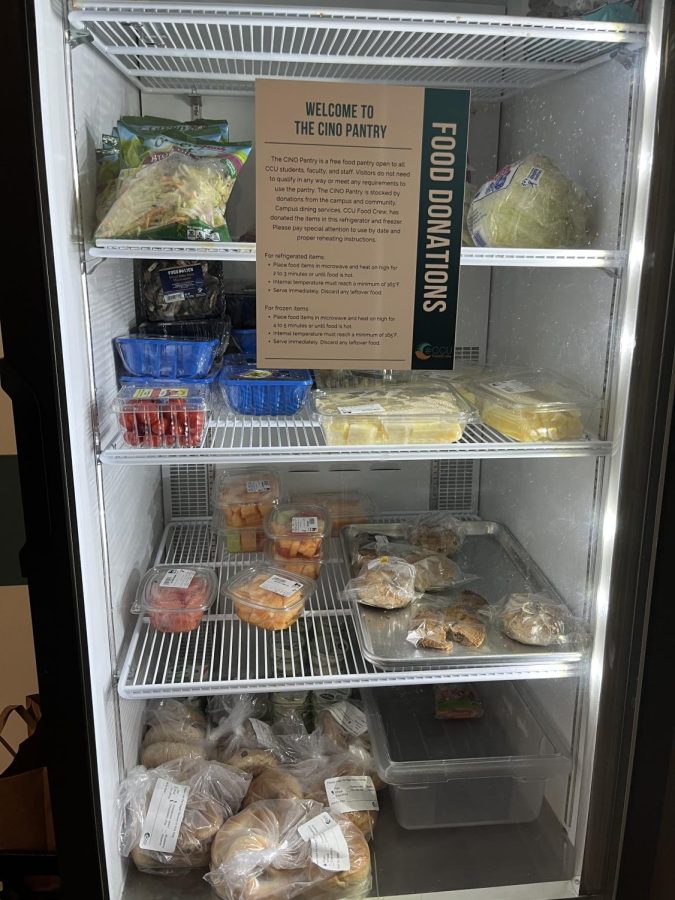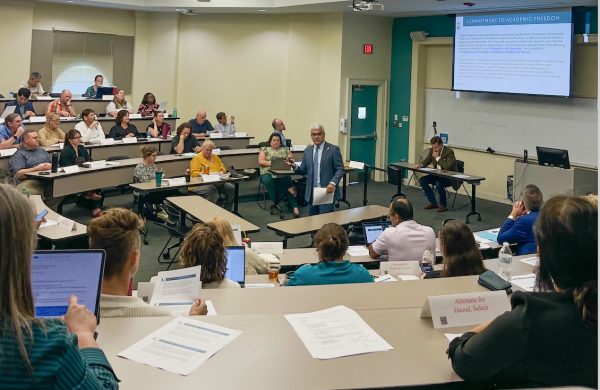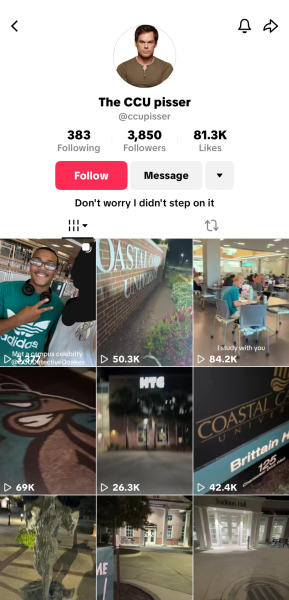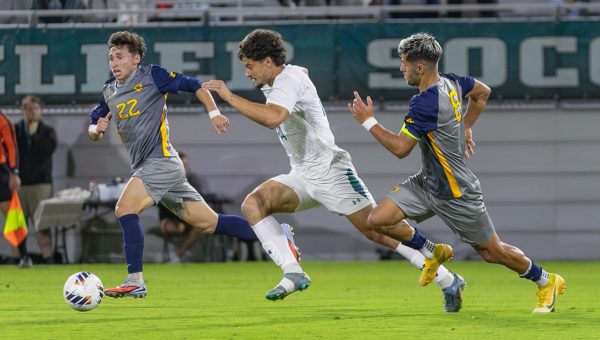CINO Pantry provides free resources
The CINO Pantry is a way for all students, staff and faculty to have access to nutritious food, hygiene items, menstrual products and some clothes with no questions asked.
The idea for the CINO Pantry originated in 2012 in a University 110 “First year experience” class. The need for the pantry was determined by the percentage of students using financial aid, along with the number of students who lived off – campus and struggled to buy their own groceries.
The CINO Pantry is located in the Lib Jackson Student Union in A-215. Students can access the pantry by swiping their CINO card. They are open Sunday from 12 p.m. to 9 p.m., Monday through Thursday from 8 a.m. to 9 p.m., Friday from 8 a.m. to 11 p.m. and Saturday 12 p.m. to 11 p.m.
The pantry gets donations from many different places including students, parents and church food banks donate. Food Lion also donates items once a year. Additionally, Aramark food service helps out with food donations.
Jessica Middleton, the sustainability coordinator at Aramark, works to eliminate food waste at the company by pushing for donation efforts. Along with Aramark, the campus Starbucks also donates their extra food.
“We try to be as sustainable as possible,” Leah LeVert, the community engagement coordinator, said.
The CINO pantry has grown with the University. The pantry used to be in a small closet with only dried goods. It was not used often, up until the space received a fridge and freezer.
Those who go into the pantry are allowed to take as many items as they need or want.
“I feel like if someone takes food, they need it,” LeVert said. “We have to assume the best, and I don’t ask questions how much someone takes.”
In recent years, students have used the CINO Pantry more often. Last year, the pantry used to average around 60 students a month but has recently gotten upwards of 100 to 200 students. Although the pantry has helped many students, it has the resources to help even more.
“I feel like we could reach a wider range of students. That is something we could address with better marketing,” LeVert said. 